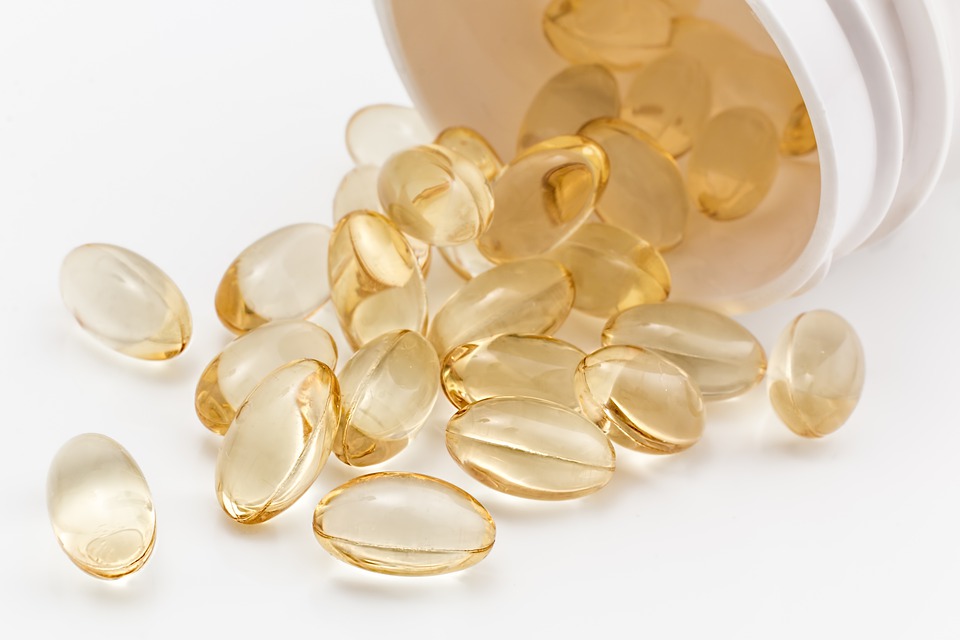Vitamin B12 is responsible for boosting red blood cell production and a lack of vitamin B12 can result in very concerning symptoms. A severe deficiency may be caused by pernicious anemia and a report reveals just what can indicate this.
Recently, the World Health Organization reveals that vitamin B12 deficiency is becoming a global health problem that should be acted upon. Although this problem may only affect a fraction of people in many countries, collectively, vitamin B12 deficiency is on the rise due to many factors, one of which would be pernicious anemia.
Pernicious anemia is a chronic B12 deficiency disorder that can often be mistaken for depression or anxiety due to having similar symptoms. If left untreated in the long-term, the symptoms may get worse, or lead to more serious situations. The three most common indicators of pernicious anemia is fatigue, memory loss, as well as problems with concentration. Unfortunately, this can be very difficult to diagnose because of the subtlety of the symptoms and how it can easily be mistaken for anxiety and or depression.
Aside from healthy red blood cell production, vitamin B12 is also responsible for the production of myelin, which keeps cells from suffering from nerve damage, a common symptom of a deficiency. Other more common symptoms of a vitamin B12 deficiency include tingling in the hands or feet and muscle weakness. Coincidentally, anxiety and depression are also symptoms of a deficiency in vitamin B12.
But this can be treated, by eating foods that are high in vitamin B12 or taking supplements.
On the other end of the spectrum, too much vitamin B12 can also lead to certain symptoms, some of which may be more of a nuisance than that of concern. Express reports that acne may be an indicator of too much vitamin B12. Acne, as well as rosacea, are side-effects of taking too much vitamin B12, according to a study conducted.
A higher than expected amount of vitamin B12 in the blood may cause the bacteria that serve as the culprits of acne to produce inflammatory molecules that would result in breakouts. The study found that vitamin B12 altered the gene expression of the bacteria, which may be responsible for acne-promoting inflammation.



 FDA Fast-Track Drug Reviews Delayed Over Safety and Efficacy Concerns
FDA Fast-Track Drug Reviews Delayed Over Safety and Efficacy Concerns  Sanofi Gains China Approval for Myqorzo and Redemplo, Strengthening Rare Disease Portfolio
Sanofi Gains China Approval for Myqorzo and Redemplo, Strengthening Rare Disease Portfolio  Novo Nordisk Launches Once-Daily Wegovy Pill in U.S. at Competitive Pricing
Novo Nordisk Launches Once-Daily Wegovy Pill in U.S. at Competitive Pricing  California Jury Awards $40 Million in Johnson & Johnson Talc Cancer Lawsuit
California Jury Awards $40 Million in Johnson & Johnson Talc Cancer Lawsuit  U.S. Vaccine Policy Shifts Under RFK Jr. Create Uncertainty for Pharma and Investors
U.S. Vaccine Policy Shifts Under RFK Jr. Create Uncertainty for Pharma and Investors  AstraZeneca’s LATIFY Phase III Trial of Ceralasertib Misses Primary Endpoint in Lung Cancer Study
AstraZeneca’s LATIFY Phase III Trial of Ceralasertib Misses Primary Endpoint in Lung Cancer Study  Merck Raises Growth Outlook, Targets $70 Billion Revenue From New Drugs by Mid-2030s
Merck Raises Growth Outlook, Targets $70 Billion Revenue From New Drugs by Mid-2030s  Viking Therapeutics Sees Growing Strategic Interest in $150 Billion Weight-Loss Drug Market
Viking Therapeutics Sees Growing Strategic Interest in $150 Billion Weight-Loss Drug Market  Weight-Loss Drug Ads Take Over the Super Bowl as Pharma Embraces Direct-to-Consumer Marketing
Weight-Loss Drug Ads Take Over the Super Bowl as Pharma Embraces Direct-to-Consumer Marketing 































